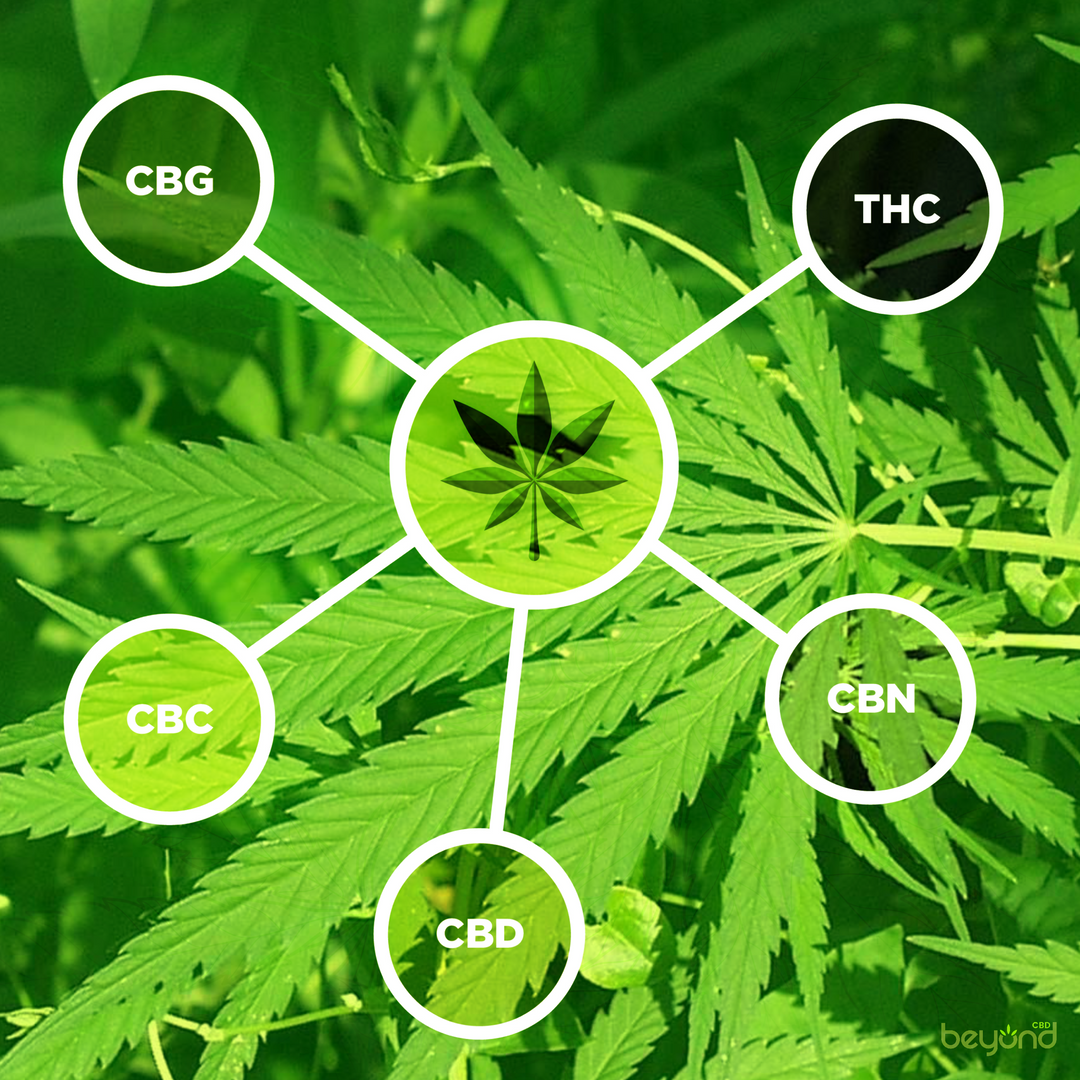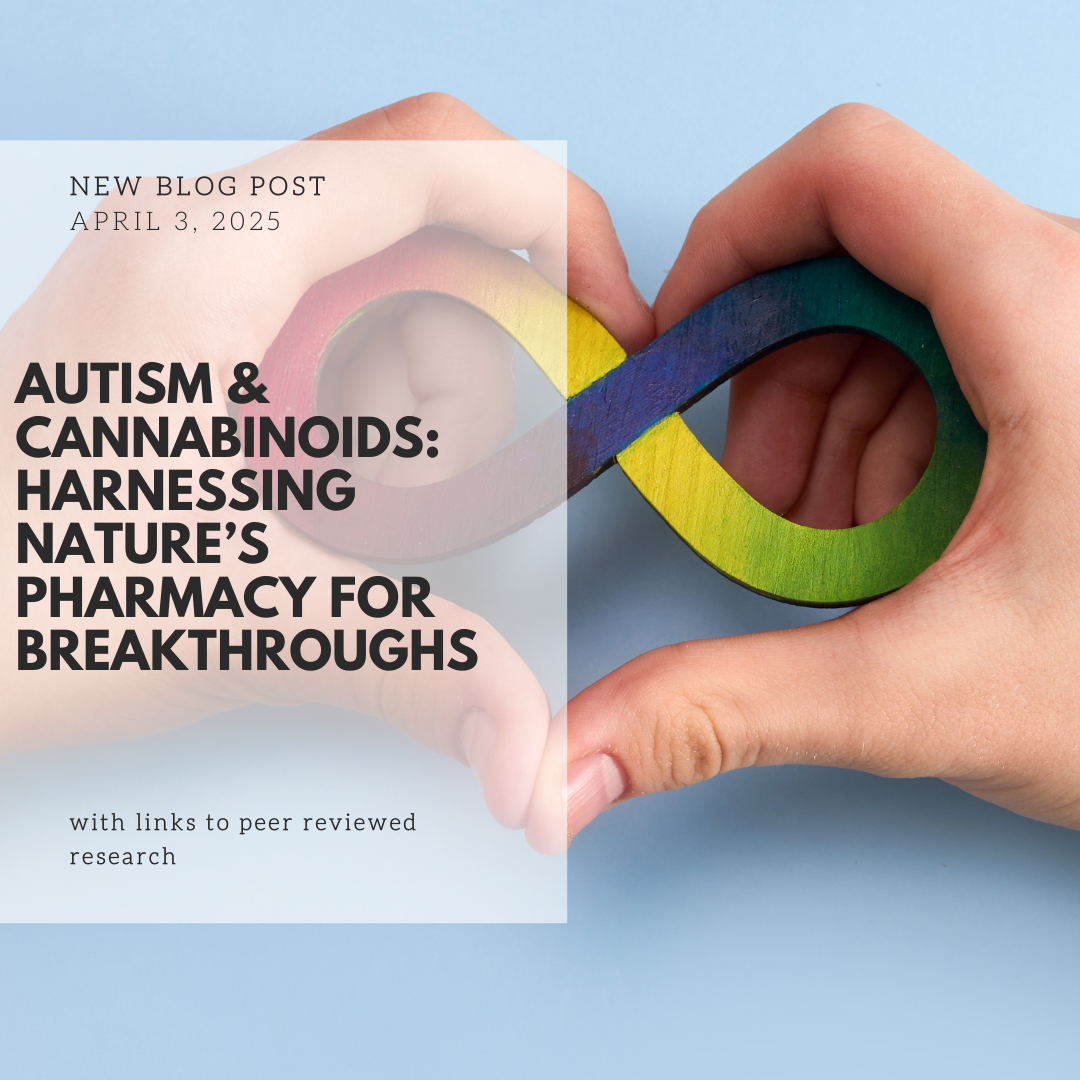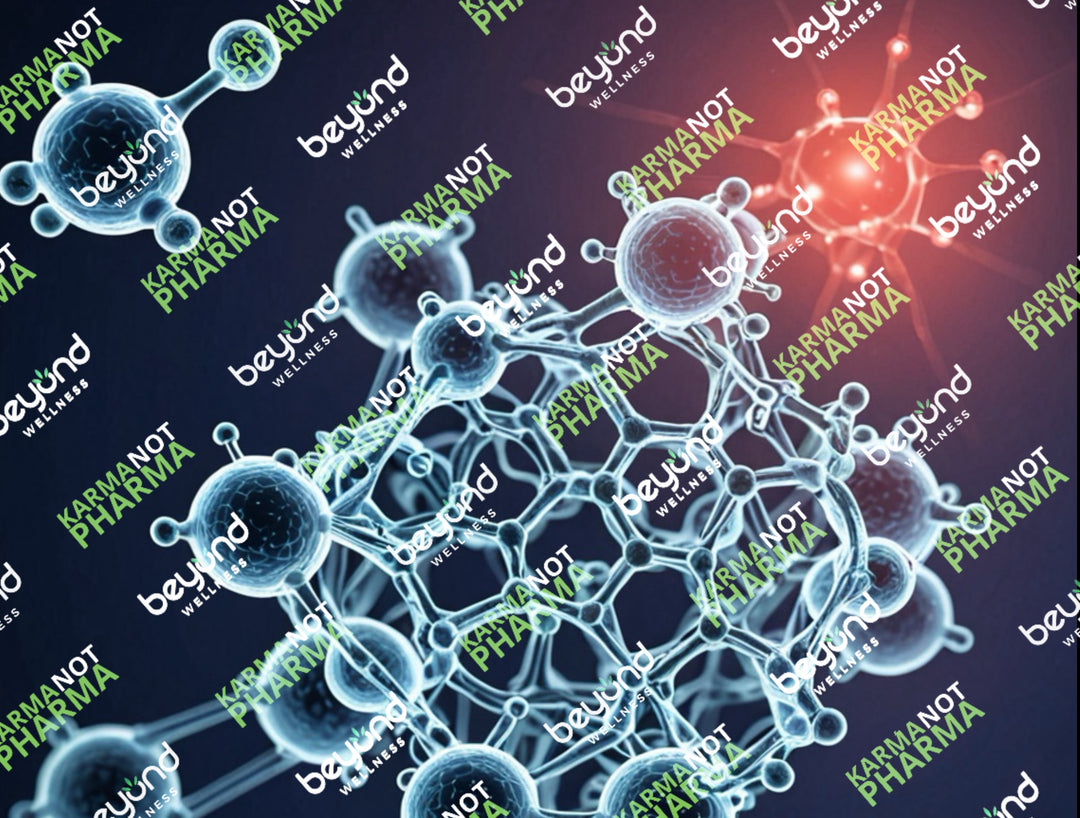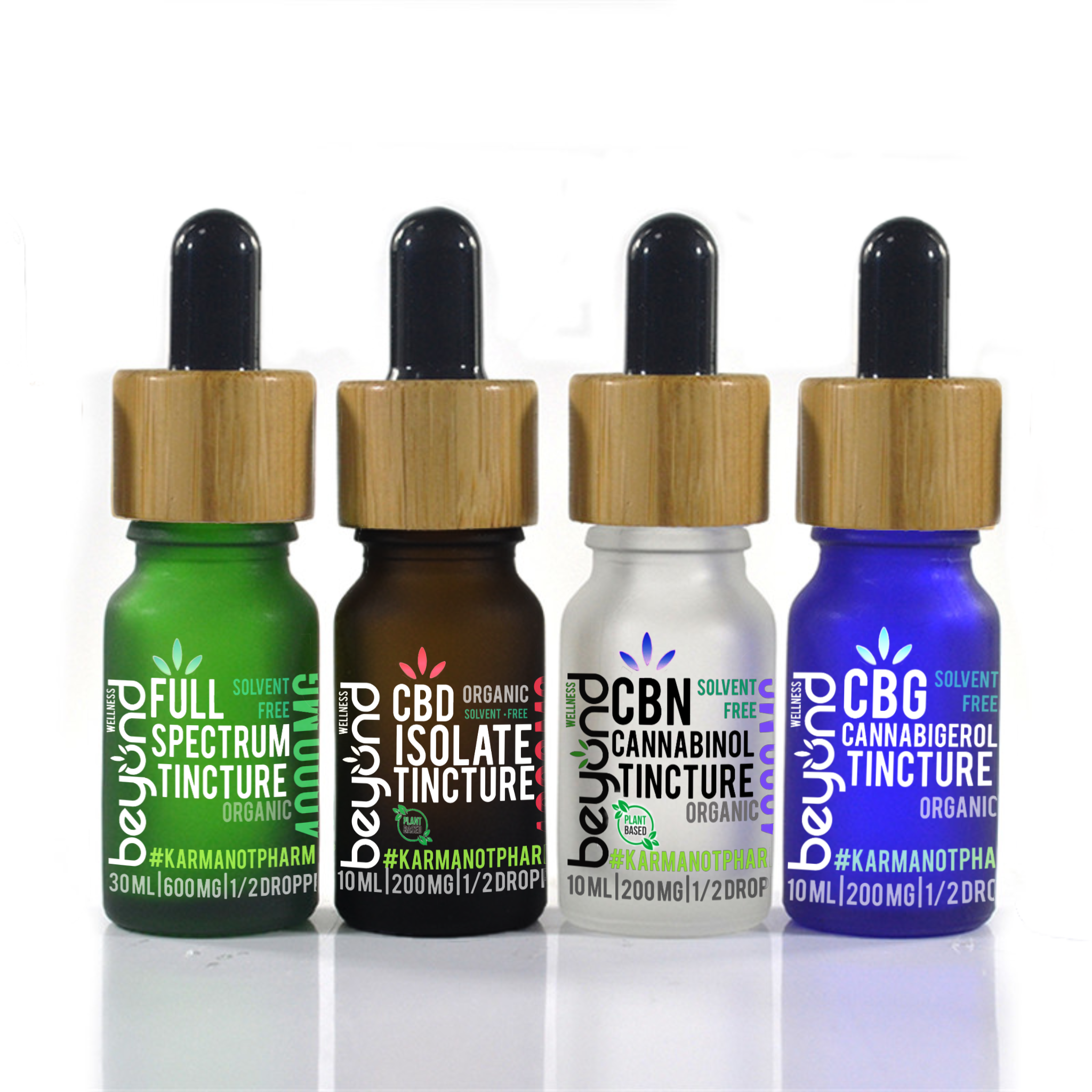News


In a recent study, CBD was shown to suppress localized T-cell function and activity. This suggests that the cannabinoid may be the only scientifically-backed drug prove to to be capable of treating the underlying cause of RA.
The efficacy and safety of CBD to reduce pain and inflammation in the treatment of patients with persistent symptoms of RA and AS is beginning to gain traction in the medical community as controlled studies are consistently producing promising results.

Recent research highlights the potential of non-psychoactive cannabinoids—CBD, CBG, and CBN—as promising therapeutic tools for Autism Spectrum Disorder (ASD). CBD has shown efficacy in reducing anxiety, aggression, and sleep disturbances, while CBG may support cognitive function and reduce neuroinflammation. CBN, often associated with sleep improvement, is also being studied for its neurogenic properties. The most significant benefits appear when these compounds work together in full-spectrum formulations, leveraging the entourage effect to enhance symptom relief. While further large-scale studies are needed, these findings suggest that cannabinoids could play a transformative role in ASD treatment.


CBD is an exciting new integrative, plant-based, sustainable option for those struggling with any of the aforementioned chronic conditions, as well as many more. By exploring the science behind CBD’s interaction with neurotransmitters we are becoming increasingly less dependent on pharmaceuticals and more enlightened about the options that come from nature.
CBD has the ability to bind a variety of neurotransmitter receptors in the brain and nervous system and has a varied array of effects. This allows for potentially new treatment methods that could be able to complement current therapies and replace options are not proving effective; or carry a laundry list of side effects.









